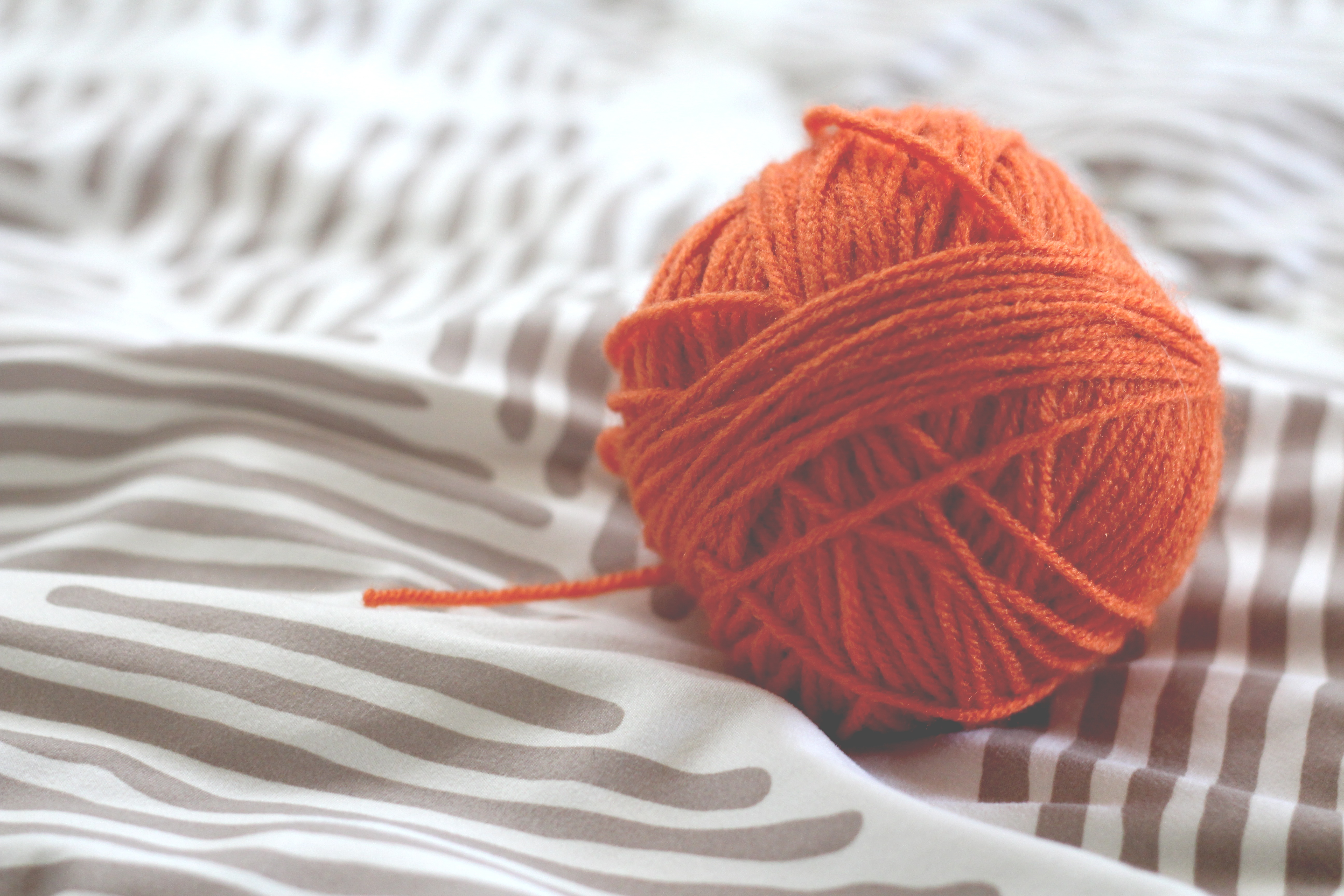I wanted to write something about dependency in relationship because I haven’t in a while and it keeps coming up in various conversations with people. First off, it’s pretty commonly confused with love. Secondly, it’s not love.
Most of us work best in relationship when there is an interdependence, when we can rely on and trust one another, share our gifts and strengths, give and receive support. We thrive when we allow ourselves to learn and teach, explore on our own and then come back to share our experience. The experience of being appreciated by someone for who we are and what we bring to the world is pretty profound.
And that’s my cue to make an important distinction. Appreciating someone for who they are and what they bring to the world is different from appreciating them for who we think they should be and what we think they should bring to our world. The latter is consistent with dependency in relationship. Some people feel safe in a relationship where their partner is dependent on them. Others feel safe when they are the one who is dependent. Some people feel safe in the familiarity of a codependent relationship. There are many reasons why that happens although I won’t explore it in this post. Instead, I will talk about some ways to identify dependent behavior (in either yourself or your partner). (There are many people who are not dependent in relationship, but for different reasons find themselves exhibiting these traits with someone. I’ll also talk about that at s later time.)
- Making demands. This could be anything from telling someone who their friends should and shouldn’t be to how they spend their free time to their life goals. We can’t tell each other who to be friends with, how to be, or what to want. It’s not fair to demand that anyone change to make us happy.
- Constant validation. It’s nice to hear that we are loved, why we are loved, why we are special, etc. It feels good, and it usually makes us feel close to the person telling us those things. Sometimes, though, we have difficulty internalizing those sentiments, and we just can’t hold onto it. We need to hear it all the time, and we feel that our loved one is withholding if they don’t tell us all the time. The problem with this is that it’ll just never be enough. When we can’t internalize something, we’re like a bucket with holes. Stuff just seeps right out, and we need more and more and more.
- A feeling of emptiness. This feeling is usually looming, and we feel like it zeroes in on us when we are not with our loved one. We need to be with them all the time and if we’re not with them, we need to know where they are at all times and know that they are accessible to us (usually so that we can get the validation that they love us/miss us/ aren’t putting anyone before us/that they are ok). We usually panic if we cannot get in touch with them.
- Cancelling plans. When we feel dependent on a partner, we will cancel plans to be with them. We will also want them to cancel plans to be with us. Sure, it’s nice to ditch something and stay home to be cozy together every so often. This is not the same thing. The stakes are higher, and it needs to happen more frequently than a once-in-a-while treat.
- You’ve probably vibed that there is a pretty big need to feel in control when someone is experiencing dependency. You’re right. We usually feel dependent because we are anxious. (The higher the anxiety, the greater the feeling of dependence and vice versa.) When we’re anxious, we really need to find something to control. Another way to feel more in control is by demanding that a partner act and speak the way we want them to. “Don’t do (blank)! It makes me feel like you would rather be with someone else.” “Don’t say (blank)! It makes me think you don’t love me as much as I love you.” And I’m not talking about someone setting a healthy boundary like, “Don’t see other people when we’ve agreed to be monogamous.” The controlling behavior is demonstrated more often than something like that, and it usually leaves a partner feeling limited and boxed in. It might look like, “Text me every hour so that I know you’re ok.” or “give me all of your passwords so that I know I can trust you.”
- Giving things up. This can mean giving up hobbies, ideals, political or religious affiliations, practices, anything. There are a million reasons we might ask someone to give up this part of their lives- “It goes against my own set of values,” “It takes you away from me so much,” “It makes me feel like you would rather be doing that than spending time with me.” The list of reasons goes on and on. When we are dependent in a relationship, we cannot tolerate feeling separate from a partner. We need to merge our lives and our experiences. We can’t and don’t respect a partner’s need for individuality. We feel threatened by it.
- And this is definitely not limited to feeling jealous of someone with whom we think a partner might fall more in love or experience more attraction. This jealousy can extend to friends, family, work, even the partner themselves for wanting any alone time. Anyone who is not us is a potential threat to our time together. We will take it personally, and we will flip the heck out over it.
This list is not exhaustive. It’s a good insight into what it feels like to be in a relationship in which dependence plays a role. The funny thing is, some people who experience it don’t do so with each and every partner. Some people bring it out in us or we bring it out in them, and there are a lot of reasons why this can happen (attachment styles, relationship trauma, etc.). There are those of us who experience it as a relationship pattern and might be confused about why. The point is, it happens, and it’s helpful to identify it before too many fights and too much suffering. It’s absolutely workable and doesn’t have to mean the end of a relationship as long as you get help and learn how to manage the feelings and beliefs that drive it.
Love and Be Loved,
Natalie









